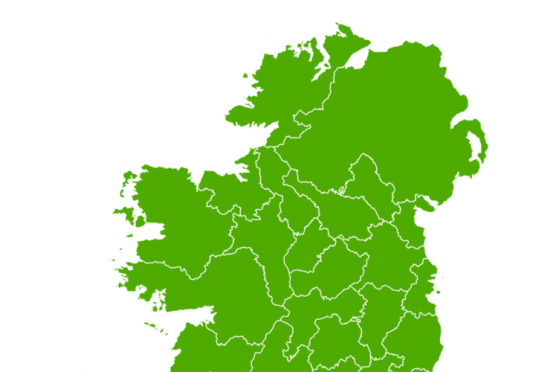The Government of Ireland’s Department of Finance released, on March 22, a discussion paper on virtual currencies and blockchain technology. The paper was partly a response to parliamentary questions, but also a first step toward inter-agency talks on formulating Ireland’s government policy on cryptocurrencies and blockchain technology.
While no recommendations were made regarding cryptocurrencies themselves, the discussion paper does give a sense of how the Department of Finance sees cryptocurrencies within the Irish context.
The most important takeaway is that the Department of Finance is establishing an intra-departmental Working Group to lead the department’s developing stance on cryptocurrencies. The working group will be the department’s liaison with the industry and other governmental bodies.
The discussion paper is important for placing the development of Ireland’s policy discussion within an Irish context. In particular, the Department of Finance emphasizes looking at virtual currencies through the lens of the government’s IFS2020 Strategy.
IFS2020, the government’s effort to coordinate and nurture a next-generation International Financial Services environment, seeks to leverage Ireland’s already substantial prowess in both financial services and information technologies. As such, the Department of Finance sees developing a legal framework promoting blockchain technology and cryptocurrencies as an increasingly important part of this strategy.
In the discussion paper, the Department of Finance highlights previous cryptocurrency and blockchain activity within Ireland to underpin its emphasis on tying future regulation to the IFS2020 effort. Two case studies are offered, including the world’s first blockchain based trade finance transaction. The 2016 deal included Ornua (previously the Irish Dairy Board), Bank of Ireland, Barclays (LON:BARC) Bank, and Seychelles Trading Company. The authors of the discussion paper point out that, “Despite not explicitly using virtual currencies in the process, it does demonstrate how the technology has multiple applications.” Four cryptocurrencies that were launched in Ireland are also mentioned.
The authors point to Ireland’s track record thus far in attracting capital for blockchain and cryptocurrency ventures. From 2012-2016, 6.3% of the venture capital invested into Ireland was blockchain or cryptocurrency related, and at $150 million, came second only to the United Kingdom in absolute terms.
The paper also covered concerns regarding cryptocurrencies. While general issues such as money laundering, criminal use and theft were mentioned, specifically Irish angles were mentioned, such as how to square blockchain technology with the country’s current data protection laws, as they stipulate that data shall not be held once the specific use for which it was collected has been completed. Also, the Central Bank of Ireland issued a warning regarding Initial Coin Offerings (ICOs) in December 2017, on the heels of the European Securities Markets Authority’s November communique. The Central Bank saw the need to remind investors and consumers in general of the lack of information offered with ICOs compared to traditional securities. The Department of Finance working group will be taking these and other issues into consideration as well.
While the paper does point to the need for the working group involve professional bodies to ensure a “communication flow”, there is no further definition of who these bodies are or what is expected of such bodies. More direct mention was made of the fact that the European Commission will be bringing cryptocurrencies under the fifth anti-money laundering directive and that Ireland will need to adapt the directive to national legislation.
The issue of governmental contact with cryptocurrency, and on the broader level, blockchain experts, is one aspect of a balancing act between regulator and industry that all governments face, and how the working group deals with it is worth watching.
This article appeared first on Cryptovest
